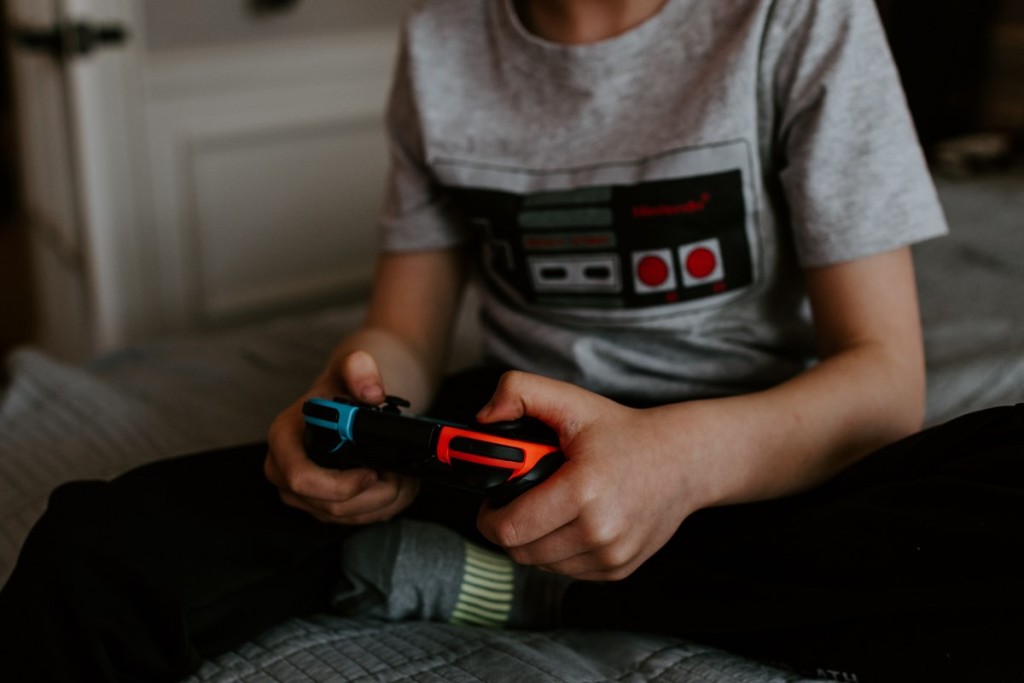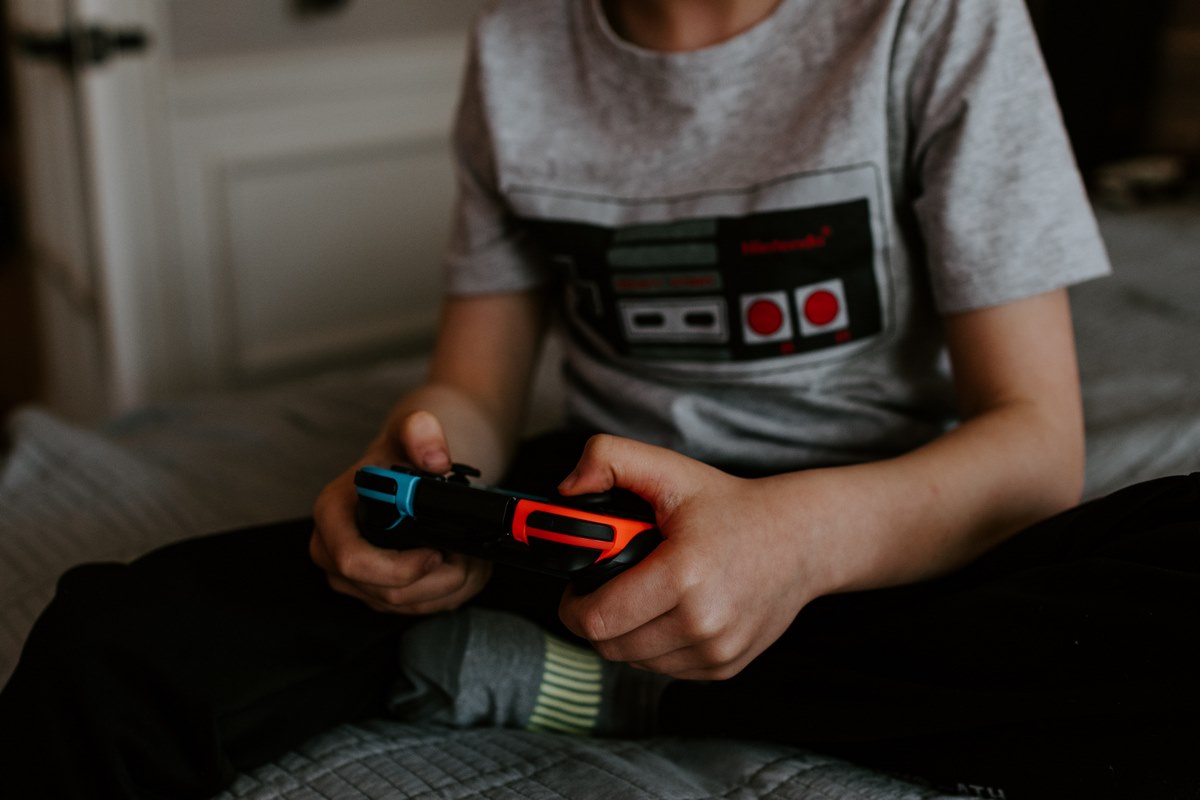
Showing that scientific work so often disproves intuitive rationalization, a recent study found that video games are not damaging children’s brains, but also that games aimed at helping children build healthy brain skills don’t actually work either.
Researchers from the University of Houston claimed that despite parents’ widespread fear, even spending 4.5 hours on a console like the Playstation or Xbox doesn’t impact kids’ brain functions.
The experts warned time spent gaming could take kids away from homework, but even that made very little impact on their brain skills versus their peers.
Professor Jie Zhang, working on curriculum and instruction at the University of Houston’s College of Education, said the study revealed no links between what video games were played, how long they were played for, and how well children performed on cognitive tests.
“Our studies turned up no such links, regardless of how long the children played and what types of games they chose,” said Dr. Zhang. “The study results show parents probably don’t have to worry so much about cognitive setbacks among video game-loving children, up to fifth grade.”
“Reasonable amounts of video gaming should be okay, which will be delightful news for the kids. Just keep an eye out for obsessive behavior. At least now we understand that finding balance in childhood development is the key, and there’s no need for us to over-worry about video gaming.”
The study published in the Journal of Media Psychology examined the gaming habits of 160 diverse urban public-school preteen students, 70% of whom were from lower-income households.
Until now the age group has been understudied.
Participating students reported playing video games an average of 2.5 hours a day, with the heaviest games racking up 4.5 hours.
Researchers looked for a link between gaming and how they performed on standardized Cognitive Ability Test 7 (CogAT), similar to the Canadian CCAT, both of which evaluate verbal, quantitative, and non-verbal or spatial skills.
Neither play duration nor the choice of video game affected the scores, while a slight deficit was found among children who played games instead of doing homework.
MORE ON VIDEO GAMES: The Average American Has Made 5 New Friends Through Video Gaming in the Past Year
Screen time, however, and video gaming are not equal in their ambivalent effects on cognitive ability. Over 9,000 boys and girls in the USA participated in a study GNN reported on last year.
The study found that children who spent an above-average time playing video games increased their intelligence more than the average, while TV watching or social media had neither a positive nor a negative effect.
MORE ON VIDEO GAMING: Boys Who Play Video Games Linked With Lower Depression Risk, UK Shows Study
“We didn’t examine the effects of screen behavior on physical activity, sleep, well-being or school performance, so we can’t say anything about that,” says Torkel Klingberg, professor of cognitive neuroscience at the Department of Neuroscience, Karolinska Institute, who conducted the study.
“But our results support the claim that screen time generally doesn’t impair children’s cognitive abilities, and that playing video games can actually help boost intelligence. This is consistent with several experimental studies of video-game playing.”
SHARE This Research With A Mom You Know Afraid Of Video Gaming…




















